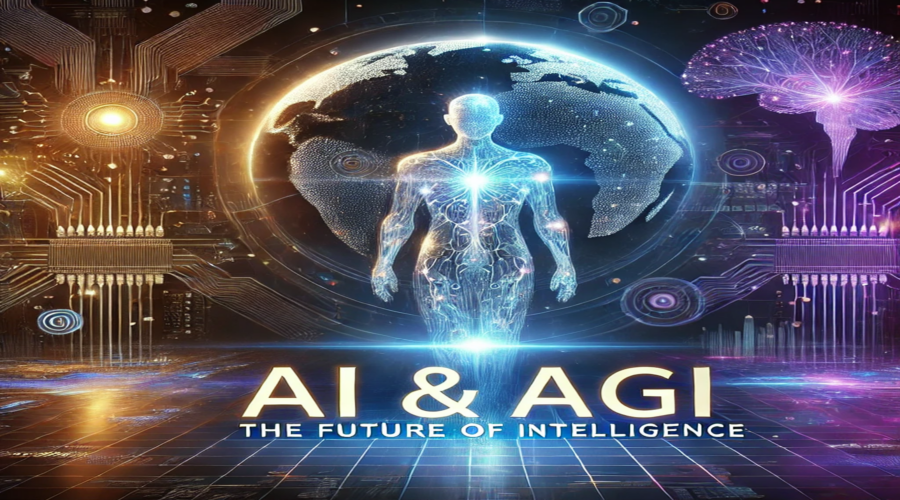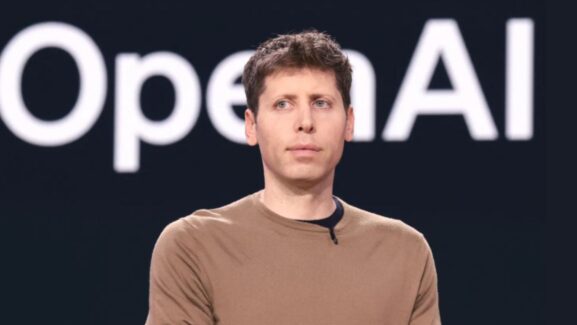Has OpenAI Already Achieved AGI? Insights from an Insider
The question of whether OpenAI has reached Artificial General Intelligence (AGI) has sparked intense debate, especially following recent comments from an OpenAI employee. On the platform X, Vahid Kazemi, a member of the OpenAI team, stated his belief that AGI has already been achieved. While he clarified that this technology is not smarter than every human, it can outperform most people in most tasks. This revelation has fueled further discussion about the significance and potential of AGI.
OpenAI Accelerates AGI Development
Just last week, OpenAI CEO Sam Altman highlighted the company’s rapid progress toward AGI, suggesting it is advancing faster than many might expect. However, Altman tempered expectations by asserting that this milestone might not be as groundbreaking as widely assumed.
Adding to the momentum, OpenAI recently fully released its o1 model, previously available only as a preview. Priced at €230 per month, this advanced language model is specifically designed for complex tasks and is now available for unrestricted use.
Vahid Kazemi’s Statement: AGI’s Current Capabilities
Kazemi’s statement on X has brought fresh attention to OpenAI’s progress. He emphasized that the o1 model’s performance is evidence of AGI’s current state. However, like Altman, he downplayed the expectations surrounding AGI. According to Kazemi, AGI is not about excelling at every task beyond human capabilities but rather about surpassing the majority of people in handling a wide array of tasks.
A Redefined Perspective on AGI
Historically, OpenAI has described AGI as systems capable of operating autonomously and outperforming human cognitive abilities. Kazemi’s perspective reshapes this definition. He argues that AGI’s strength lies not in outperforming human experts in specialized tasks but in its ability to handle an extensive variety of tasks that no single human could manage.
“Good scientists can propose better hypotheses based on intuition,” Kazemi explained. “But that intuition is itself developed through trial and error. There is nothing that cannot be learned through examples.”
This suggests that by leveraging ever-growing datasets and computational power, machine learning systems will inevitably achieve human-level intelligence across a broad spectrum of applications.
OpenAI’s Partnership with Microsoft: A Strategic Decision
Sam Altman has recently redefined AGI as “superintelligence,” likely influenced by contractual terms with Microsoft. OpenAI’s agreement with Microsoft includes a clause that allows OpenAI to terminate their partnership if AGI is officially declared. Given OpenAI’s reliance on Microsoft’s substantial investments, there are discussions about removing this clause to maintain a mutually beneficial relationship.
For OpenAI, continuing the partnership ensures steady financial backing, while Microsoft gains ongoing access to cutting-edge AGI developments. This strategic alignment positions both parties to capitalize on the technology’s advancements.
Is AGI Less Revolutionary Than Expected?
The evolving discourse suggests that AGI might not represent the revolutionary leap many anticipated. Instead, its transformative potential could lie in its broad applicability across diverse domains, enabling tasks that are currently unimaginable for any single individual to accomplish.
As OpenAI and its partners push the boundaries of AI, the definition and implications of AGI will undoubtedly continue to evolve, offering new opportunities and challenges for industries worldwide.
Stay up todate in the world of AI and subscribe to our AI insider newsletter.



